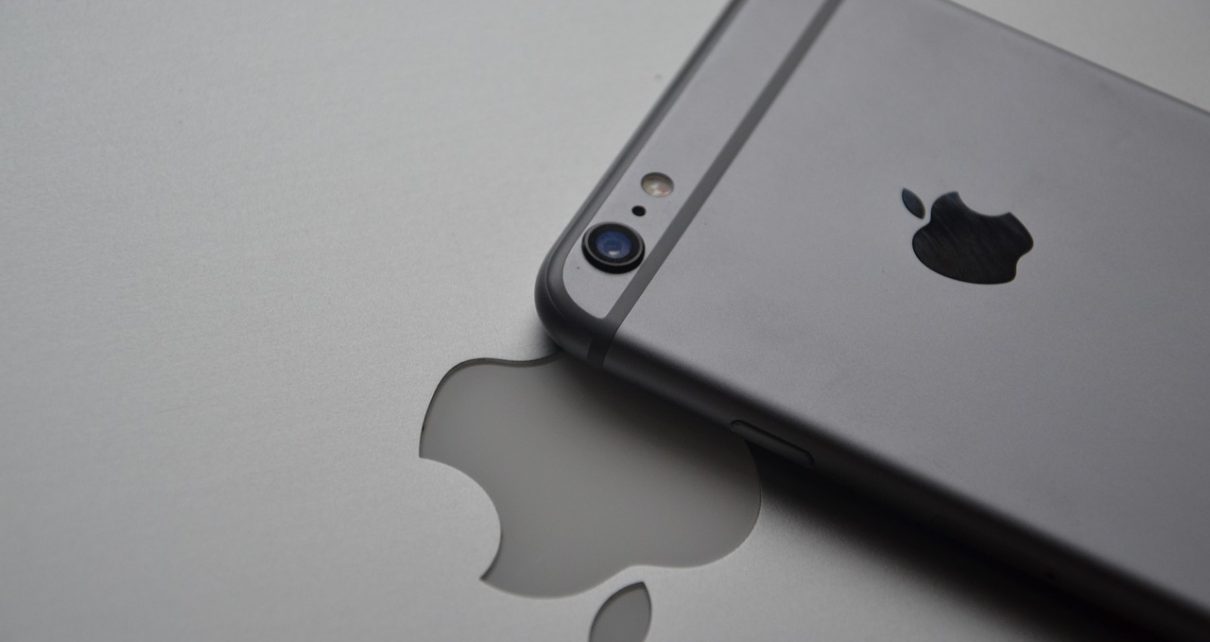Apple Inc. faced a significant decline in its share value on Thursday, with losses potentially erasing $200 billion of market capitalization over just two days. The drop was triggered by China’s plans to extend its ban on the use of iPhones to government-affiliated agencies and state-owned enterprises.
Based in Cupertino, California, Apple saw its shares plummet by as much as 5.1%, resulting in a cumulative 6.8% decline over a two-day period. This decline had a ripple effect across major US equity indexes, contributing to a broader market downturn exacerbated by various issues in China.
China, as the world’s second-largest economy, has been grappling with an ongoing crisis in its real estate market, which has threatened demand for a wide range of products, from commodities to consumer electronics. Apple’s significant presence in China, both as its largest foreign market and a key global production hub, makes it particularly susceptible to such economic fluctuations.
Compounding Apple’s challenges are rising US Treasury yields, driven by concerns that the Federal Reserve may need to take more aggressive action against inflation due to the resilience of the US economy.
This news has reverberated throughout financial markets, leading investors to sell off not only Apple shares but also a range of assets, including semiconductor stocks and large-cap technology companies, as well as US-listed Chinese equities.
Edward Moya, a senior market analyst at OANDA, pointed out, “The Nasdaq is sinking as one bad Apple spoils a bunch of mega-cap tech stocks.” He emphasized Apple’s strong reliance on China for its growth story and suggested that an intensification of Beijing’s crackdown could spell trouble not only for Apple but also for other mega-cap tech firms with significant exposure to China.
The tech-heavy Nasdaq 100 Index saw a 1% decline, while the Philadelphia Semiconductor Index, which includes several Apple suppliers, dropped 2.5% on Thursday.
Interestingly, Bank of America Corp. analyst Wamsi Mohan noted the timing of the potential ban, which coincided with the recent launch of Huawei Technologies Co.’s high-end 5G-capable smartphone. An analysis conducted by TechInsights for Bloomberg News revealed that Huawei’s Mate 60 Pro is powered by Semiconductor Manufacturing International Corp.’s 7nm chips, indicating China’s progress in circumventing US efforts to contain its technological rise.
Should Beijing proceed with the ban, it could have far-reaching implications for various other US technology companies that depend on sales and production in China. Apple suppliers around the world saw their stocks decline on Thursday, as multiple reports confirmed China’s latest restrictions.
However, some bullish analysts, like Daniel Ives of Wedbush Securities, believe that the impact of a potential “iPhone ban is way overblown.” Ives, who maintains an overweight rating on Apple’s stock, argued that it would affect fewer than 500,000 iPhones out of the approximately 45 million he expects to be sold in China over the next year. He also noted Apple’s substantial market share gains in the Chinese smartphone market despite the current challenges.


